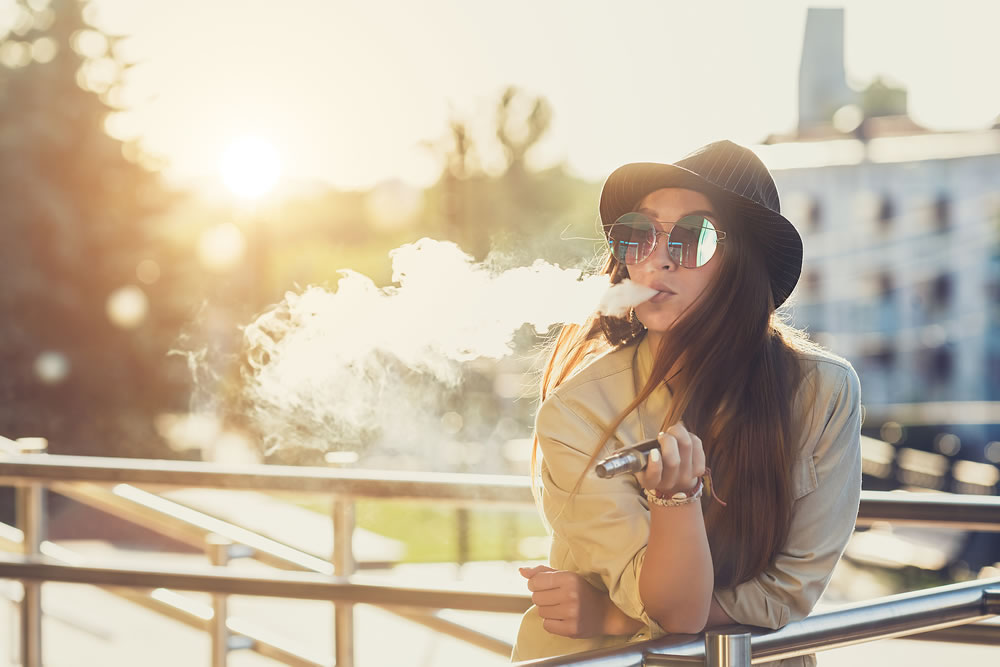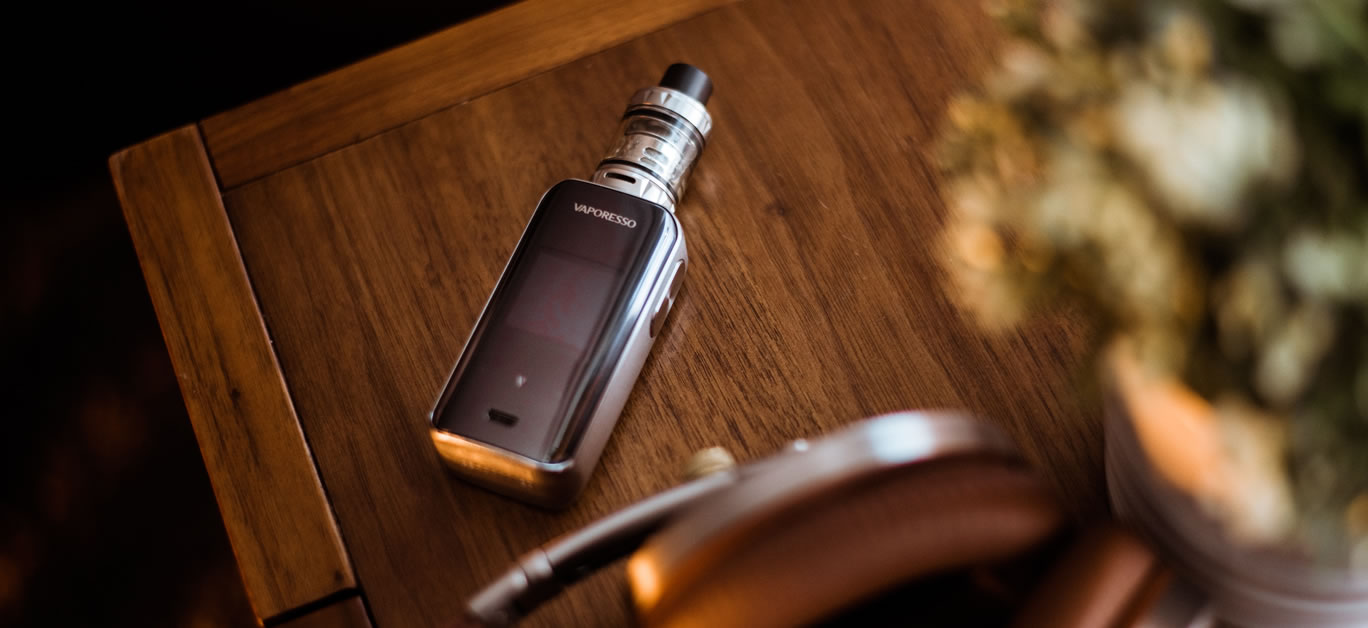Words by Laura Ellen Blackwell
Much to all of our disbelief, we are slowly approaching the mark of a whole year since the first lockdown was announced in the UK. Over the last year, small businesses, all the way up to global powerhouses have felt the strain of the pandemic. According to an article in The Guardian, the UK economy saw a fall in business activity from 49.4 to 38.8 in January, following a second, abrupt national lockdown – a stark contrast to the perceived growth over the summer months. It appeared that we spoke too soon.
On top of a global pandemic, we’re now in the midst of what is being described as a double dip recession. The devastating blow to the economy has threatened businesses across all sectors – except for some. A fortunate few have come out stronger; some with an even greater sense of purpose.
As the reality of the situation sunk in and we dodged each other in the street so as to adhere to social distancing (still not quite knowing if a bottle of wine and crate of eggs counted as ‘essentials’) shoppers were forced to move their spending habits online. With no choice but to adapt, many retail stores followed suit – including those in the vaping industry.

UK brand and supplier Vape Town already had an established ecommerce store, but doubled down on their efforts to meet the changing needs of customers; providing fast, free shipping and even introducing a click-and-collect service for locals, in an attempt to make the online shopping experience as frictionless as possible. They saw an influx of new customers who were either looking for an alternative to their usual brick and mortar store or looking to make the transition from smoking to vaping in a bid to adopt a positive lifestyle change over lockdown.
“When we had to close our store during the first lockdown, internet sales went through the roof,” says Mike Cooper, director at Vape Town. “The click-and-collect service also seemed to prove really popular; I guess you can’t beat actually speaking to a real person if you’re unsure about what you need, especially when we’re all craving human interaction.”
Though the growth may be a product of the climate we are temporarily in, the ecommerce shift is one that is likely to stick beyond the pandemic due to the safety and convenience it offers.

Worlds apart, the pandemic has also ended up being fruitful for the fashion industry. VR offers a digital solution for fashion brands while they aren’t able to showcase their product through physical displays. But another thing that will prove beneficial beyond the pandemic is getting access to new audiences, according to Olga Dogadkina, CEO at Emperia; a company that enables brands to create immersive shopping experiences through virtual reality.
“For example, there is only a limited number of people who can physically reach a new show in Mayfair, not forgetting international customers or customers who can’t visit for whatever reason,” explains Dogadkina. They have also been popular within the art community and saw 3,000 visits to Maddox Gallery’s virtual exhibition in 2020, whilst Long Sharp Gallery had an ROI of over 500 per cent.
Being stuck at home has created a demand for more visual content; meaning more competition for brands who are limited to using the same channels to promote their products. While it is now even more challenging to stand out from the crowd, a virtual showroom not only fills the void left by physical stores, but has the potential to keep customers engaged for longer. As Dogadkina tells me: “People aren’t always going to want to watch a video for 20 minutes, but they might go and explore a virtual exhibition for that same amount of time.”

With people now mourning Topshop, the so-called death of the high street is making more room for e-commerce. But VR has even more to offer, including a connection with something people can’t currently physically reach.
“Stores won’t die out but we probably won’t have quite as many of them because they’re just not needed and expensive to maintain,” says Dogadkina. “Pre-pandemic, everyone thought [the shift towards digital fashion] was something that might happen ten years down the line,” explains Dogadkina. “But the pandemic really accelerated this and brought those ten years down to right now.”
Although an abrasive year economically, 2020 was also fertile ground for these businesses to capture market share and emerge from the crisis stronger and with more focus on longevity. Whilst for some businesses, surviving is currently the main priority, for others the pandemic has served as an opportunity.






















